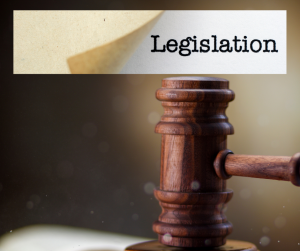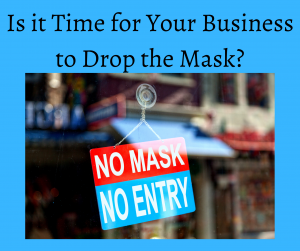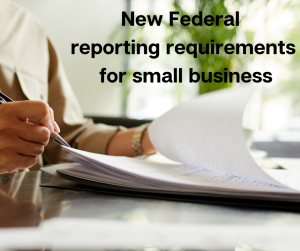
George Bellas advises on E-Commerce
There is no doubt that e-commerce sales have grown tremendously over the last 20-plus years. That is in part because online purchases are taxed differently than in person sales, and small businesses have noticed the advantages of this system.
The setup is quite simple: a small business may house their servers or warehouse their goods in one state, all while shipping their products to the other 49 states. It is important to know that small businesses are not required to collect sales tax in a state in which they have no physical presence. Until recently, small business owners could expand their consumer base across the country largely without ever collecting a penny in sales tax. This approach yields more clients, more sales, and more revenue. However, as the old cliché goes: “More money, more problems.” In this case, it’s “more money, more tax problems.”
 Chicago Business Attorney Blog
Chicago Business Attorney Blog










